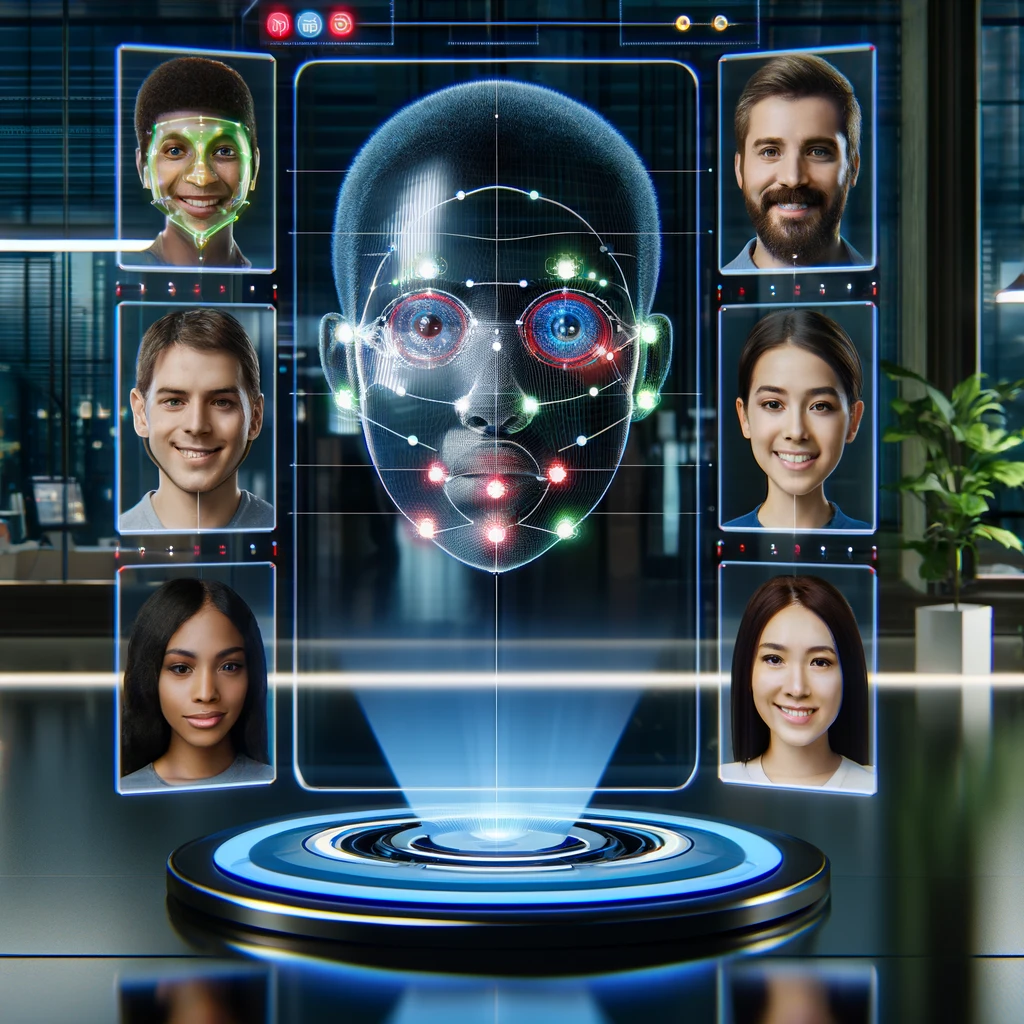In recent years, a new companion, known as emotional support AI, has emerged to offer solace and understanding in our daily lives. This innovative technology, often referred to as an emotional support AI companion, has begun reshaping the landscape of mental health, companionship, and personal assistance by providing empathetic and supportive interactions. Through advanced algorithms and emotional recognition capabilities, emotional support AI serves as a confidant and guide, helping individuals manage their emotions and enhance well-being.
Understanding Emotional Support AI
Emotional support AI refers to artificial intelligence systems designed to perceive, understand, and respond to human emotions. By employing natural language processing, emotional recognition, and machine learning, these AI systems can engage in conversations, recognize emotional cues, and provide appropriate responses. They are equipped to offer comfort, advice, and companionship, mimicking the empathetic characteristics typically attributed to human caregivers, essentially acting as an AI therapist.
Unlike conventional AI, emotional support AI focuses on emotional intelligence, prioritizing the ability to navigate complex emotional landscapes. It is programmed to detect subtle nuances in voice, text, or facial expressions, allowing it to discern a user’s emotional state and tailor its interactions accordingly, making it an effective emotional support AI chat tool.
Real-Life Applications of Emotional Support AI
Emotional support AI has found its way into various sectors, reflecting its versatility and adaptability. In the healthcare industry, it assists in monitoring patient mood and well-being, offering comfort during recovery, and even detecting early signs of mental health issues with AI depression detection techniques. For individuals coping with loneliness or mental health challenges, emotional support AI can provide a consistent and judgment-free zone for expression and interaction.
One notable application is the use of chatbots in therapy sessions, where they engage users in meaningful conversation, helping to alleviate feelings of anxiety and depression. These AI companions are available around the clock, ensuring that help is always at hand. In educational settings, emotional support AI aids in reducing student stress and fostering a positive learning environment, with Morphcast’s unique approach in e-learning, training, and education further illustrating the potential of this technology to transform the learning experience.
Can ChatGPT Offer Emotional Support?
A frequently asked question is whether tools like ChatGPT can offer emotional support. As a language model developed by OpenAI, ChatGPT can simulate conversation, provide companionship, and offer responses that are empathetic and supportive. It’s designed to understand queries and respond in a way that acknowledges the user’s emotional state, providing insights, advice, or simply a listening ear, thus functioning as an emotional support AI chat system.
However, while ChatGPT can provide textual comfort, it inherently lacks the ability to perceive the full spectrum of emotional cues that a human companion would notice in a face-to-face conversation. Without visual or auditory feedback, ChatGPT misses out on crucial non-verbal signals, such as facial expressions, tone of voice, and body language, which are essential for truly understanding human emotions. This gap highlights the importance of integrating visual facial emotional cues in emotional support AI apps.
Bridging the Gap: Morphcast for ChatGPT
This is where Morphcast for ChatGPT steps in, moving in the direction of an emotional support AI that’s closer to a human companion. By integrating Morphcast’s emotion AI technology, the application adds a layer of visual emotional recognition to the already sophisticated conversational capabilities of ChatGPT. It analyzes the user’s facial expressions in real-time, allowing the AI to pick up on emotional nuances that ChatGPT alone might miss.
The addition of visual facial emotional cues enables Morphcast for ChatGPT to adjust its responses dynamically, providing a more nuanced and empathetic interaction. This innovation marks a significant leap towards creating an emotional support AI app that truly understands and reacts to a wide range of human emotions, making it a more effective and compassionate companion.
Morphcast for ChatGPT is designed with privacy and user comfort in mind. It does not record or store any video or personal data, ensuring a safe and confidential interaction. This innovative application exemplifies how emotional support AI can evolve to become even more attuned and responsive to human needs.
The Advantages of Emotional Support AI
Emotional support AI presents several advantages. Firstly, it offers accessibility and convenience, providing emotional support whenever and wherever needed. Unlike traditional therapy or support systems that may require appointments and physical presence, emotional support AI is just a few clicks away.
Secondly, it provides a stigma-free interaction. For individuals hesitant to seek help due to societal stigma, emotional support AI offers a discreet and non-judgmental platform for expressing feelings and seeking guidance.
Lastly, emotional support AI can be personalized to suit individual needs. As it learns from interactions, it becomes better equipped to understand and support the user, offering a tailored experience that grows more effective over time.
Ethical Considerations and Future Directions
While emotional support AI offers promising benefits, it also raises ethical questions. Issues surrounding privacy, dependency, and the quality of AI-generated advice are at the forefront of discussions. As the technology continues to evolve, it is crucial to establish guidelines and standards to ensure that emotional support AI serves as a beneficial complement to human interaction, rather than a replacement.
The future of emotional support AI is bright and full of potential. As it becomes more sophisticated, we can expect to see even more innovative applications, further integrating this compassionate technology into our daily lives. Whether it’s enhancing mental health care, offering companionship, or supporting personal growth, emotional support AI stands as a testament to the positive impact of technology on human well-being.
In conclusion, emotional support AI represents a significant stride in technology’s journey towards understanding and catering to human emotions. By offering a supportive and understanding ear, these AI systems play an increasingly vital role in enhancing mental and emotional health. As we continue to navigate the complexities of life, emotional support AI will undoubtedly become a cherished companion for many, providing comfort, guidance, and a listening ear when needed most. In the realm of customer service, Morphcast’s innovation in compassionate customer service is revolutionizing how businesses interact with their customers, ensuring that every interaction is empathetic and understanding.




